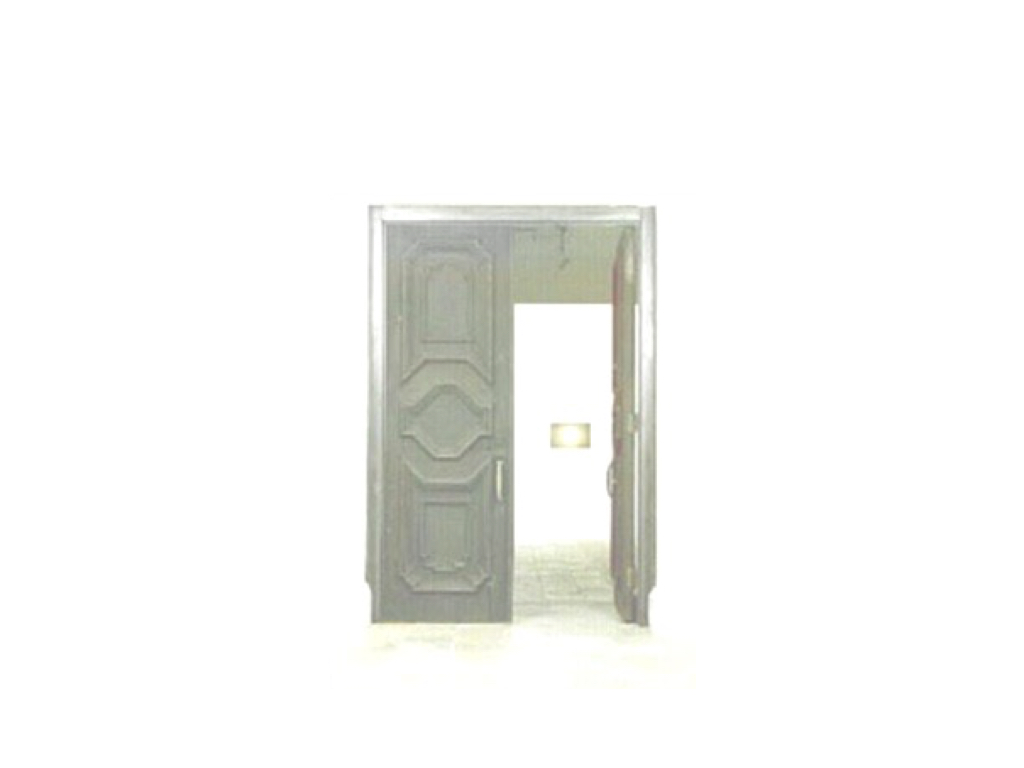 Meagen Youngdahl, a poet who has served as a Dactyl Scholar working in the intersections of art and science, has completed a creative non-fiction piece entitled, “Moving with care: a biosemiotic, narrative inquiry into (in)fertility and bodymind wellness,” which adds a new dimension to semiotics scholarship and to poetry.
Meagen Youngdahl, a poet who has served as a Dactyl Scholar working in the intersections of art and science, has completed a creative non-fiction piece entitled, “Moving with care: a biosemiotic, narrative inquiry into (in)fertility and bodymind wellness,” which adds a new dimension to semiotics scholarship and to poetry.Youngdahl’s biosemiotic journey began when she met Wendy Wheeler on her visit to the United States from England to teach a summer course on Biosemiotics, which immediately made sense to Youngdahl. She notes, “it feels as if my brain is beginning to resolve connections it has already made but couldn’t fully appreciate.” She shared with Wheeler the feeling that life is not mechanical, but “much closer to poetry and song.” Wheeler’s understanding of the way that metaphor and metonymy function in natural processes opened new doors for Youngdahl. Months later she followed her new passion, visiting Wheeler in her garden in Kent before going to Estonia to take a short course in Biosemiotics there at the University of Tartu. Youngdahl embraced the discipline as a philosophy to help her makes sense of her body-mind states. Although Biosemiotics does not offer Youngdahl—or others going through similar challenges—a cure as such, her experiences did help her develop a new awareness of the “shared semiosic activities between body, mind, and environment” that makes moving through life a little easier and much more pleasurable. Youngdahl’s contribution is a very fresh and, at times, light-heartedly humorous perspective of the role Biosemiotics can play in people’s lives.
Youngdahl’s piece will likely be included in a volume dedicated to Wendy Wheeler who passed away this year.
